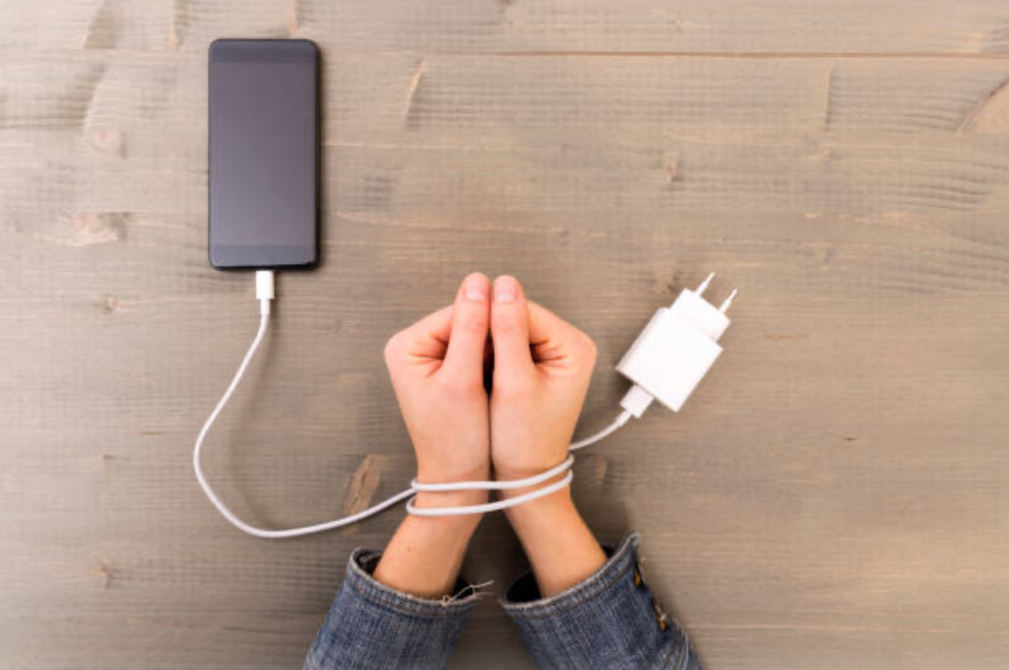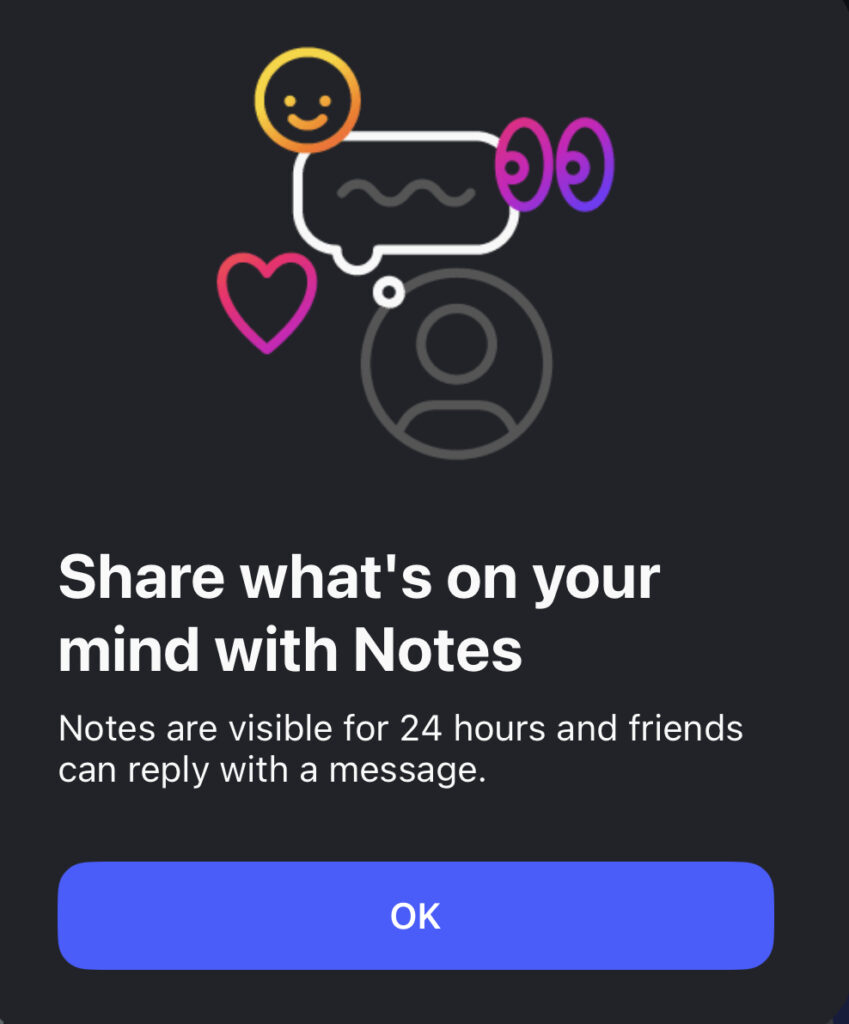
With the evolution of technology in the modern age, our teens and future generations are becoming addicted to the always-available screen they shove in their face that feeds them just enough dopamine to fulfill their needs while subsequently detaching them from the real world that they grow ignorant of. We let this happen. It’s nice to scroll and talk to people at our convenience. It’s convenient to have the opportunity to text someone something difficult rather than say it to their face. Yet, it can be scary to receive a cold “ok” or other response often over-thought about by overthinkers. Because those responses are now deemed confrontational or too direct. We must text “okay” followed by an unnecessary amount of y’s or a few emojis to show the other person we don’t hate them, when, in reality, the conversation has met a natural stopping point, indicated by the response of “okay.” In no way am I judging those who jump to conclusions based on seemingly meaningless texts; I am one of those people. This evolution in technology has revolutionized relationships. From online friends and lovers to fights completely written out in iMessage, our lives have become so synonymous with our phones and the conversations that happen on our phones, that the idea of not having one is an impossibility. These high-tech bright screen lights in our face at all-times, these devices that track our every keystroke and decision, these devices that know us better than we know ourselves are a dependency that the future generations will not deem wrong or something to step away from, but rather something necessary; not a necessary evil, but a necessary tool we need to function, even when that is far from the truth. But why? Why are we so attached to these expensive pieces of metal and why have we created this whole culture around texting, calling, and online life in general?
When an item provides us with entertainment, dopamine, and constant-communication, it is hard to pry from our hands. There is nothing else like the modern phone. No TV, book, or other old-fad and entertainment-giver can provide a person with constantly-evolving algorithms perfectly curated for the individual person. Nothing can beat that. Back in the day phones had curly cords, binding them to a wall or countertop. Now, phones are on us at all times, in pockets and purses and by ears and in hands. This constant accessibility has bred a culture of constant communication and an incessant need to post about life events. Constantly posting about birthdays, and sadnesses, and drama, and deaths, and every other little facet of your life that no one but the social media lurkers really cares about. But it’s almost fun. It’s fun to know what your peers are out and about doing, it’s fun to keep in touch, and it’s especially fun to see the posts of people who you dislike. Don’t deny it.

A recent new form of life-sharing is through Instagram notes. Instagram notes are short comments, songs, or replies to questions, posted on Instagram for all to see. These have been mostly used in cryptic attempts to share details about a person’s life. It’s almost become a way for people to hint at talking about a bigger event, practically screaming for attention with their notes that contain no context whatsoever. “I’m sorry,” “What even was that,” “Today was rough 😞.” Thanks for sharing. But maybe invest in a diary. Please. It’s like the people who enjoy posting crying pictures on their main Snapchat story, practically begging for texts replying asking what’s wrong. It’s depressing. The normalization of sharing everything on social media has made it hard to just live without the pressure of documenting it, rather than living in the moment. Or just at the very least, not sharing every intimate moment and emotion with the world.
With constant access to communication, people can text anyone, anytime, with no limits (barring being blocked). You don’t have to wait for a family member to get off the phone, or wait until the next time you see them, you can text people whenever, wherever. This, in the extreme, has led to a need for constant texts from friends to feel stable in friendships. When you’re left on delivered or, even worse, read, it almost feels like a betrayal. When I am overly-emotional and I’m being left on delivered or read, my phone-rotten brain has convinced me that my friends hate me. Not that they have a life outside of their phone and texting me. It’s legitimately stupid and is rotting our generation’s brains, leading to unnecessary stress.
Relationships have evolved over the phone, as well. Not only are people starting relationships on their phone, but they are even conducting full online relationships. If you really think about it, that is completely weird. Meeting over Snapchat is insane. Getting to know a future partner on Snapchat is insane. But now, it’s normal. That is where these “talking stages” start. And these stages do often turn into full-fledged real relationships, but that doesn’t make the whole concept not weird. The weirdest part is the Snapping. Sending people pictures of the side of your face, or ceiling, or whatever odd little photo to somehow start a relationship, is weird. People used to write love letters or meet in person. You can’t even miss anyone anymore, just facetime them, or text, or Snap. We have so many options to communicate, that when one of these forms of communication is out of balance, something is wrong. In some relationships, if a “Good Morning” or “Good Night” text isn’t exchanged, something is wrong. If a Snap is left on delivered for longer than a few hours, something is wrong. They’re ignoring you, you should be worried, fights should be started. This screams insecurity.
Phones are raising an insecure generation. Unsure of relationships, or how we’re perceived online, or the image we create through the stories and the posts and the notes. If certain communications aren’t exchanged, people spiral into an overly dramatic and unnecessarily painful insecurity-ridden psychosis that then leads them to post a note saying some odd thing like, “wow. ok.” It’s insanity unique to Gen Z. No grandmother on facebook is posting her every emotion about her lack of texts from grandpa. Not that your facebook obsessed grandmother is a good example of a normal social media user, mine sure isn’t, but no one is. Everyone and their mother has a phone addiction. It’s a sign of the times. Times, uncertain and scary, but nonetheless our times, that we must be explicit about, rather than ignorant.
